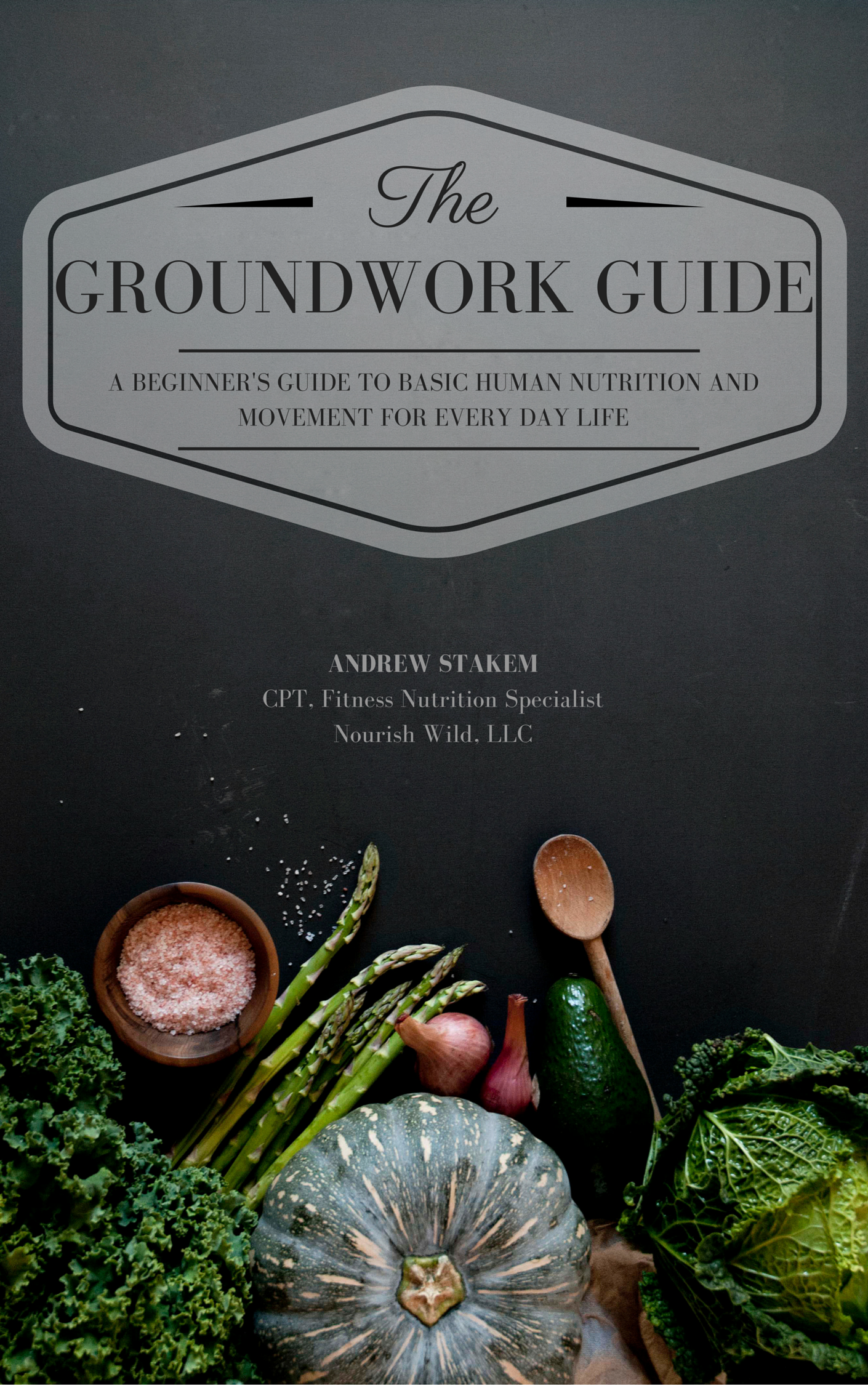Listen To Your Body Above All Other Voices
As a society, we often get incredibly caught up in the numbers of nutrition. How many carbs? How many calories? How much fat? I ate X earlier, so I can’t eat Y now. I had a really hard run earlier, so I can eat anything I want tonight. I’m doing everything right by the numbers, so why is this not causing me to lose weight/build muscle/feel better? As a trainer in a weight management facility, I hear these questions every single day. And while I do my best to try to answer these questions without turning their hard number-crunching into a pile of useless numerals, I can tell it takes an emotional toll on people who are so caught up in the numbers that they forget to look at the bigger picture. By nature, we are formatted to look for patterns and find logical answers. And for that reason, we think that if we find and follow a magical formula of numbers, we will succeed. Unfortunately, however, the human body is much, much more complex than we may ever know. So as every day people (read: non-scientists), it is likely that we will never know or understand that ultimate perfect ratio for the human body. Not to mention that that ultimate perfect ratio is likely to be different for every single living body. So what do we do when we can’t rely on formulas and numbers? We listen to our bodies. If you are living with a chronic illness, that is your body’s way of tell you that something is wrong. If you are constantly in a weight flux, something is wrong. If you feel awful, or even just “off” after eating a certain meal, something. is. wrong. But here’s the kicker that most people don’t want to hear: It may take a while to figure out WHAT is wrong. Weeks, years, decades. But that doesn’t mean you just accept it and move on. If your body is telling you something is wrong, you must listen. And you must try to rectify it. Start to take notice. Do your symptoms get worse with a certain food, or specific type of food? Could you eliminate some types of foods for a while and see if it impacts your health? Can you try to add other types of foods that you don’t often eat to try to even out any deficiencies you may have, and see if your body feels better with the additions?
Beyond getting caught up in numbers, we also tend to get sucked into the latest and greatest “fad diet.” While many of the recipes and ideas you’ll find on this website coincide with the “paleo” trend or the “gluten-free” trend, I really try to abstain from dietary labels. The reason for this abstinence is simple: Fad diets are centered around making money, not around health. Plus, they put you in a box, and if you label yourself as a certain type of eater and then happen to stray from this box, you get harassed or feel guilty. Walk down the aisles of any grocery store today, and you will inevitably come across a gluten-free section. But take a closer look. While “gluten-free” has gotten a healthy reputation, I can promise you that packages of gluten-free cookies and crackers are no less junk food than gluten-filled cookies and crackers. I repeat: It’s. Still. Junk. Food. Once again, it’s time to listen to your body (and your brain) above all other voices. A packaged food proclaiming a million health benefits is still a packaged (junk) food. Of course, I’m not condemning all food that comes in a package, but the idea is that you can’t trust everything you read. Buzzwords will come and go, suggestions of numbers/what to eat/how much to eat of it will flux, but your body will remain your truth serum. Listen to it.



No comments yet.